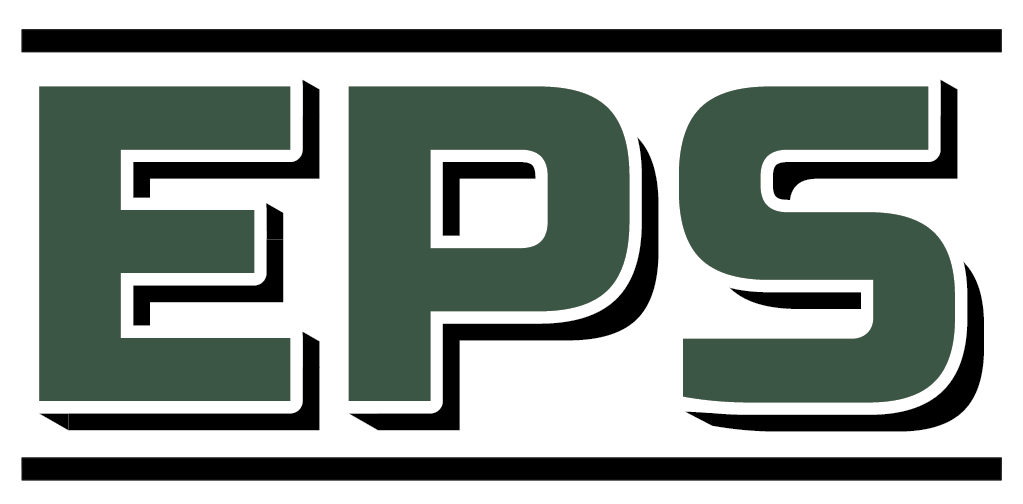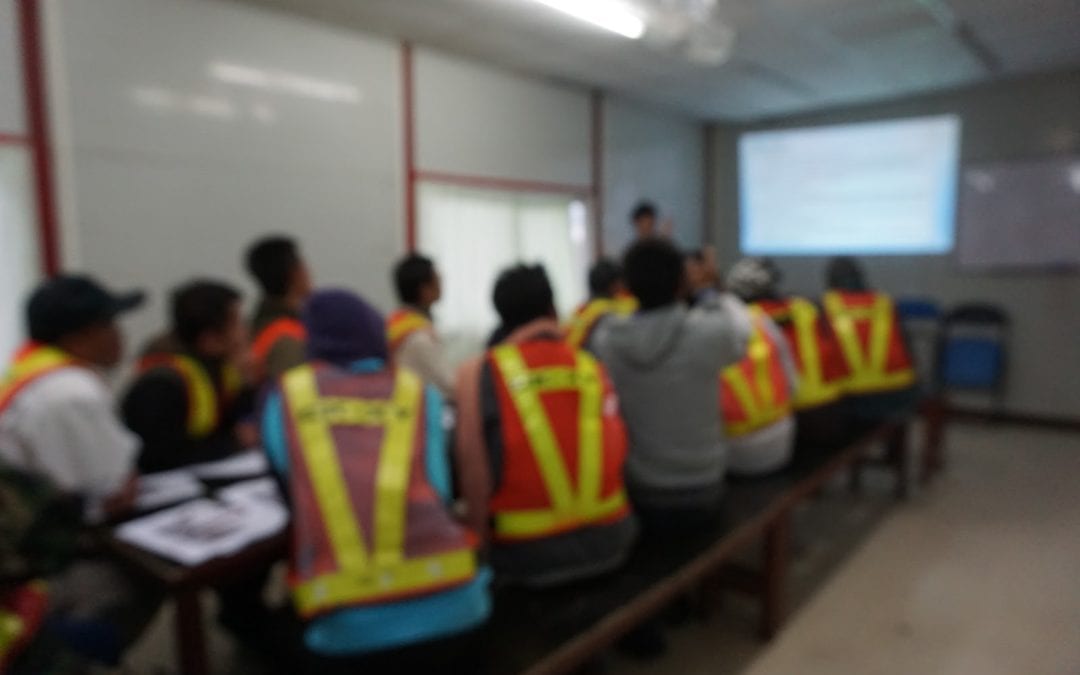Most rig managers, shift runners and team supervisors have been a part of at least a few toolbox talks and most are intimately familiar with what it entails. While the format, topics and volume of these discussions is usually a matter of personal discretion, there are a few tips that senior staff should always follow when giving a talk to crew members. These meetings may take a few minutes out of each shift, but investing a little time each day can pay off big by reducing accident rates, increasing team coordination and improving overall efficiency on site.
Focus on Recent and Relevant Issues
Perhaps the most important tip to keep in mind is that toolbox talk topics should usually revolve around recent events or upcoming challenges. Senior staff members who regularly conduct these conversations should plan the basic outline of the conversation ahead of time to make sure it is on point. Changes in the work environment, like introducing a new piece of equipment or making changes to existing processes, should also feature in these conversations. Likewise, recent accidents or close calls can help illustrate the importance of maintaining certain safety precautions or operational procedures.
Give a Daily Dose of Safety
Toolbox talks are naturally brief, so leaders have to prioritize and summarize points to avoid confusion or distraction in their audience. It’s a good idea to incorporate safety information and education topics into each conversation. Discussing it on a regular basis emphasizes the importance of risk management and reminds workers that their actions can have permanent consequences for themselves and team members. The safety technicians and safety auditors at EPS are experts on the many risks involved in extraction and transit operations and can help identify problem areas and solutions.
Incorporate Guest Speakers
Shift runners and supervisors shouldn’t hesitate to bring in outside experts when it’s relevant to the topic at hand. This lends credibility to the information as well as fresh perspective on some of the issues at hand. Many outsourced personnel from EPS possess specialized and time-tested knowledge as well as the ability to communicate and educate crews about important issues, helping workers contribute to a culture of safety.
Make Room for Questions
Time is a valuable asset, which leads to the temptation to rush through talks so the team can get to work. While it’s certainly a good idea to keep the conversation moving forward, it’s also important to give participants a chance to think about the concepts and present questions. The opportunity to clarify and accept feedback creates a more engaging environment and encourages everyone to be more mindful of their actions throughout the shift.
Not every toolbox talk needs to be exciting or creative, but they should always be coherent and comprehensive. Leaders who plan ahead and follow these basic tips can leverage their daily conversations to improve team cohesion and cut down on risk to life, health and property. Contact Expeditors & Production Services to help achieve the goal of a culture of safety.

